The Pharaoh Hound is an ancient, mysterious breed. These dogs are athletes through and through, built with fine bones meant for speed. However, they also can also make great companions.
These dogs are extremely emotive; some say they can even smile and blush. Although still sensitive, these sighthounds are more playful than most of their close cousins. Read on to learn more about the Pharaoh Hound.
Description of the Pharaoh Hound
Slender and sleek, with very short hair, the Pharoah Hound is typical of a sighthound. Of course, they are athletic, with a sprinter’s build. However, these are surprisingly sturdy dogs that weigh more than they look like they should.
These are ancient dogs, first bred by the Pheonicians in what is today Lebanon. Local seamen took the breed with them on their journeys, and they eventually ended up in Malta, where they flourish today.
Their short, smooth coat is soft to the touch, and offers little protection from the elements. It’s color is a characteristic tan with a splash of white on the tail. The breed also has large and pointy ears as well as golden eyes.
Life Expectancy and Size
Pharaohs generally live between 12 and 14 years.
These dogs are slender. They stand 21 to 5 inches tall and weigh 45 to 50 pounds.
Protective Ability
This breed is not a good choice of guard dog. The Pharaoh Hound takes a reserved view with strangers. However, most will bark to alert you to new visitors. Nervousness can exacerbate this tendency, so it may get out of control.
Training
The Pharoah Hound is sensitive and should be treated as such. They behave best when you initiate a consistent, rewards-based training plan. These dogs tend to need a lot of praise and will crumble if yelled at or roughhoused.
They are also a type of sighthound. Instead of tracking prey by scent, Pharaohs do so visually. This means that this breed is particularly prone to distraction. Keep training sessions short and interesting for the best chances of success. There’s no reason to set your dog up for failure by asking him to keep his attention on you for unreasonable amounts of time.
Some Pharaohs have a particularly hard time learning to come, and may do best in an enclosed area.
Energy Level
Pharaoh Hounds are born to run, and today they still retain much of their athleticism.
They are active dogs, and need to stretch their legs regularly. This will help them to stay healthy and sane.
What Living with a Pharaoh Hound is Like
These are the sighthounds with arguably the most personality. Most Pharaohs are less skittish and more playful than their close cousins. They can be funny to live with, or at least weird. Owners should enjoy their unique personality traits!
These dogs crave human attention and do not like being alone for too long. They also may stress out if they have to face rapid or frequent changes in schedule.
Care of the Pharaoh Hound
These dogs are generally easy care. The most important prerequisite to owning a Pharaoh Hound is being able to commit to their unique, and at times sensitive, personalities.
Environmental Needs
The Pharaoh Hound will not hold up well in cold weather. Their low body fat and short hair do not give them much protection. Take proper precautions to keep them warm during the winter. They are probably not suited to environments that become frigid or are cold all year round.
Exercise Needs
Regular play sessions in a fenced area are usually sufficient to exercise these dogs. It needs to be large enough, though, so they can properly stretch their legs. Some individuals will happily exercise themselves, while others need a little encouragement.
Because of this, daily walks are also advisable. Two or three brisk sessions each day should keep the Pharaoh Hound happy. Generally, Pharaohs do not do very well-off leash, because they quickly become distracted. This dog’s breed makes them just go without thinking.
Shedding and Grooming
This breed has an easy-care coat. They only need sporadic, gentle brushing. Usually, this will work just as well as a bath to get off any dirt they may have gotten into. They are not normally smelly.
Their short coat sheds some seasonally.
Ideal Home Environment
The ideal owner will make sure to remain gentle with this sensitive breed. This requires patience and positivity during training and daily life in general. These athletes don’t have the inner fire of a terrier or the self-assuredness of a working dog. However, they are funny and personable.
The Pharaoh should have access to a safe place to run around.
Health Concerns
These dogs are generally healthy. Shave some eye and joint problems, especially later in life. They also are at risk for some types of cancer.
Working with a reputable breeder can make a huge difference. Many of these issues can be screened out of breeding stock.
Behavior Problems
Remember that these are racing dogs and hunters. If unsupervised, they may dash off into trouble. It is important to socialize this breed early with other dogs and small animals. They have a very strong prey drive.

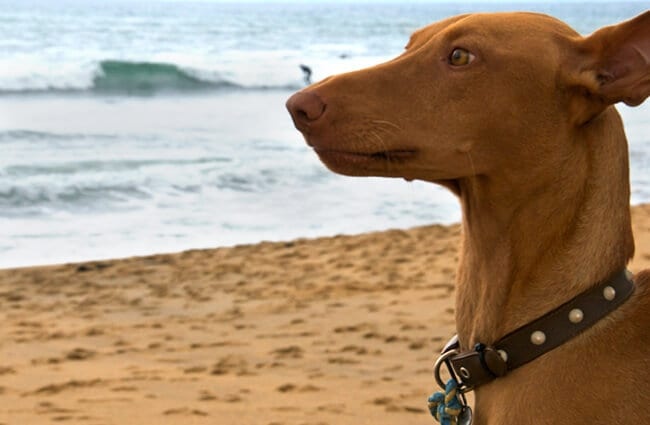
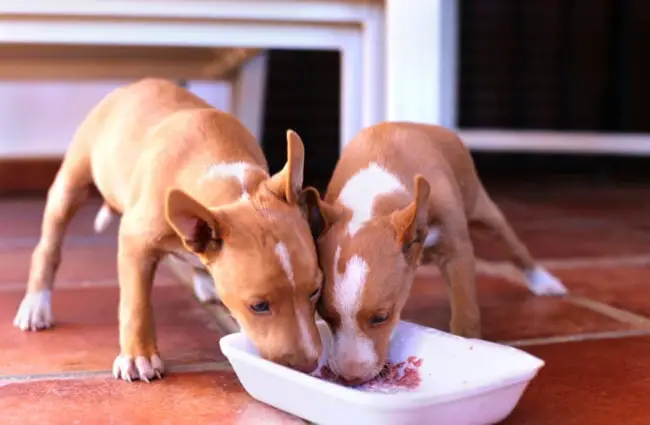
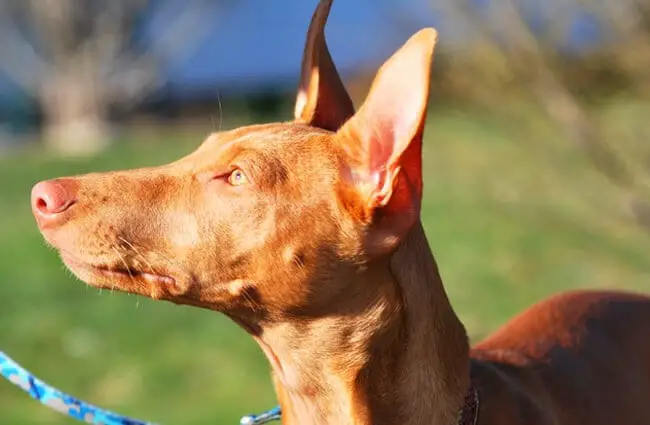
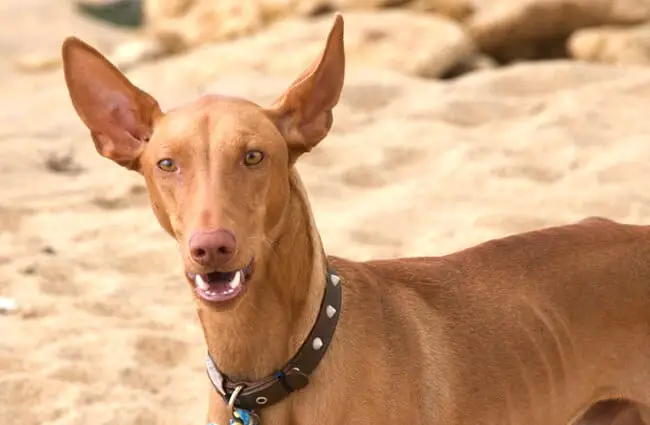
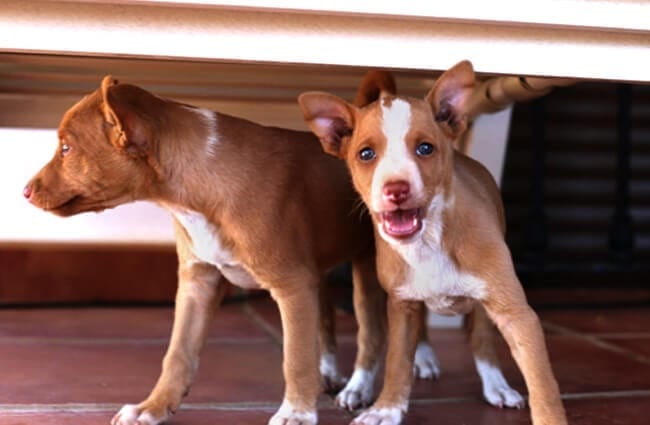
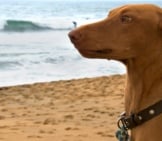

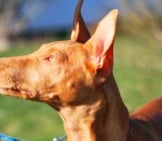
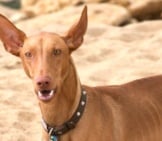
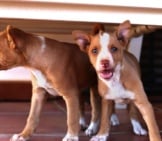
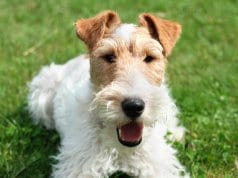
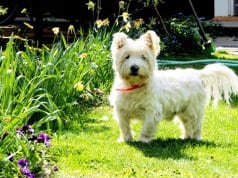
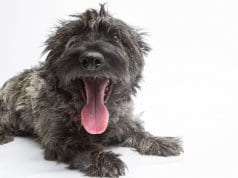
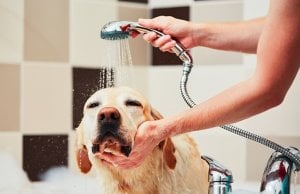


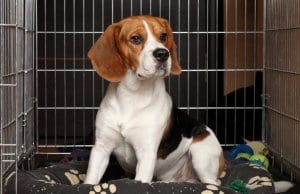
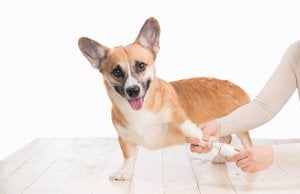
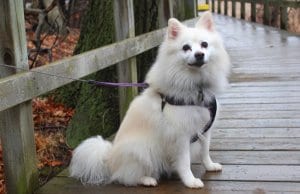

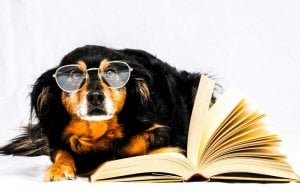
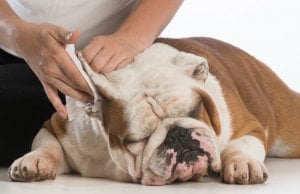

![Red Angus Closeup of a beautiful Red Angus cowPhoto by: U.S. Department of Agriculture [pubic domain]https://creativecommons.org/licenses/by/2.0/](https://animals.net/wp-content/uploads/2020/03/Red-Angus-4-100x75.jpg)

